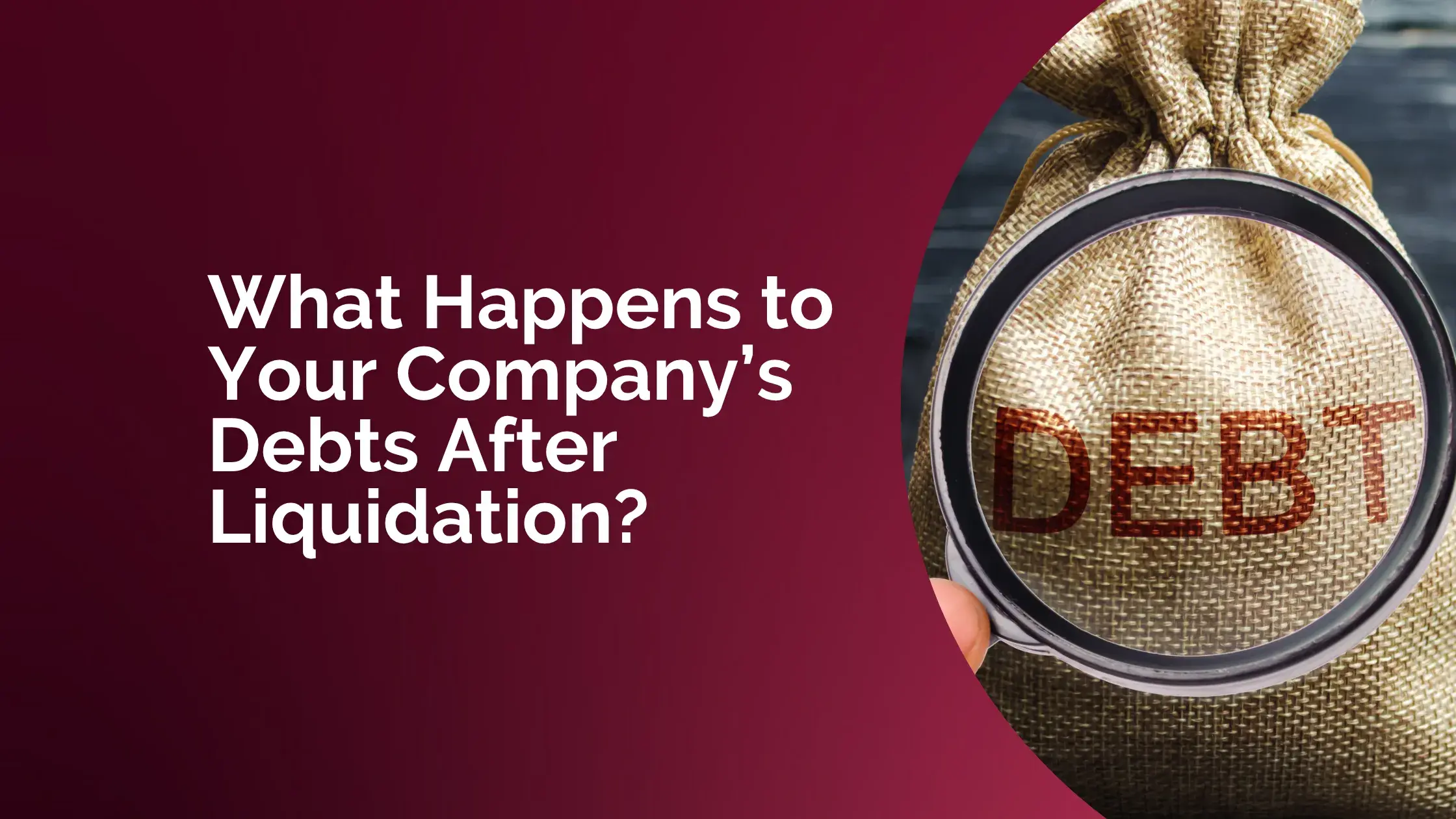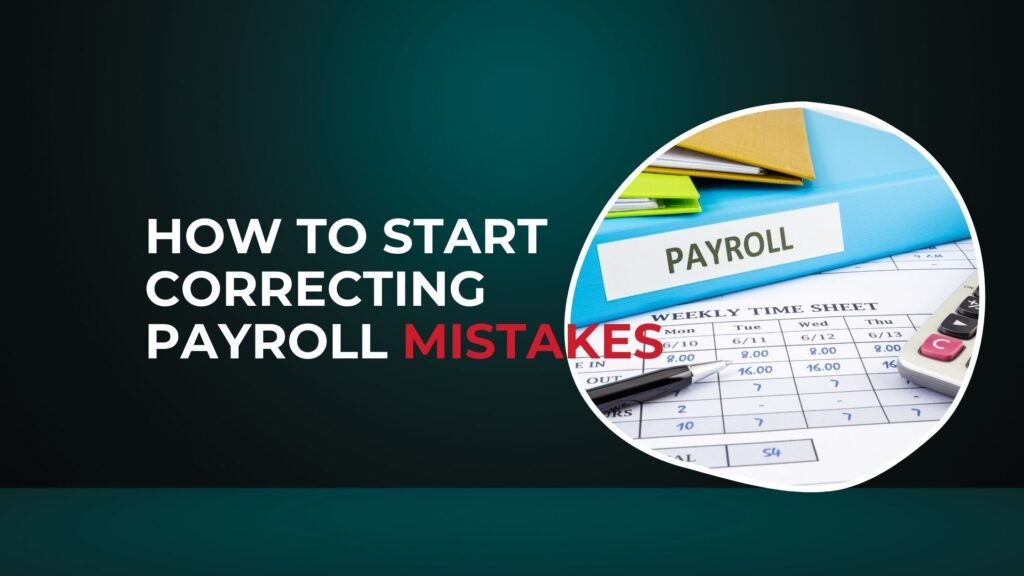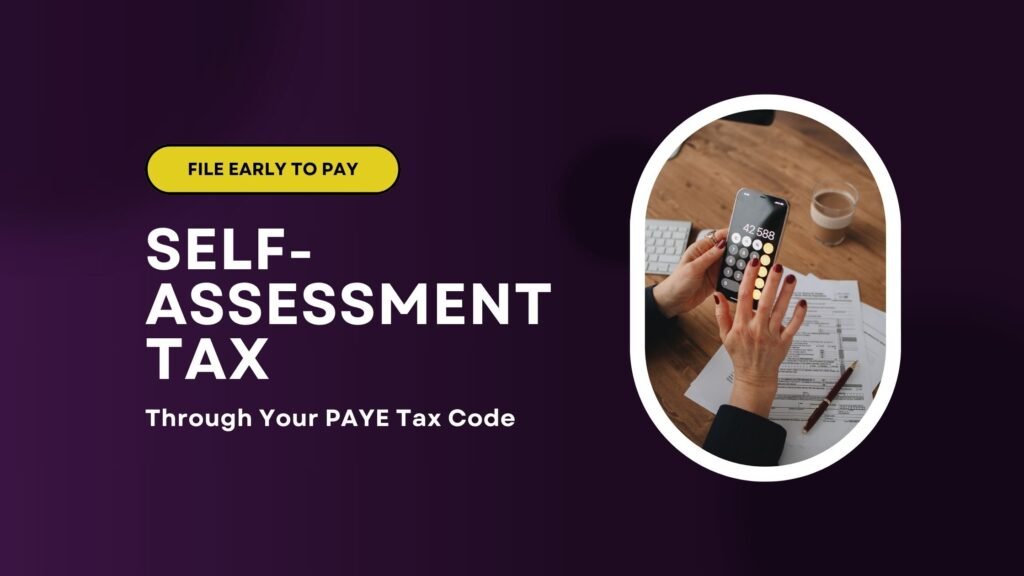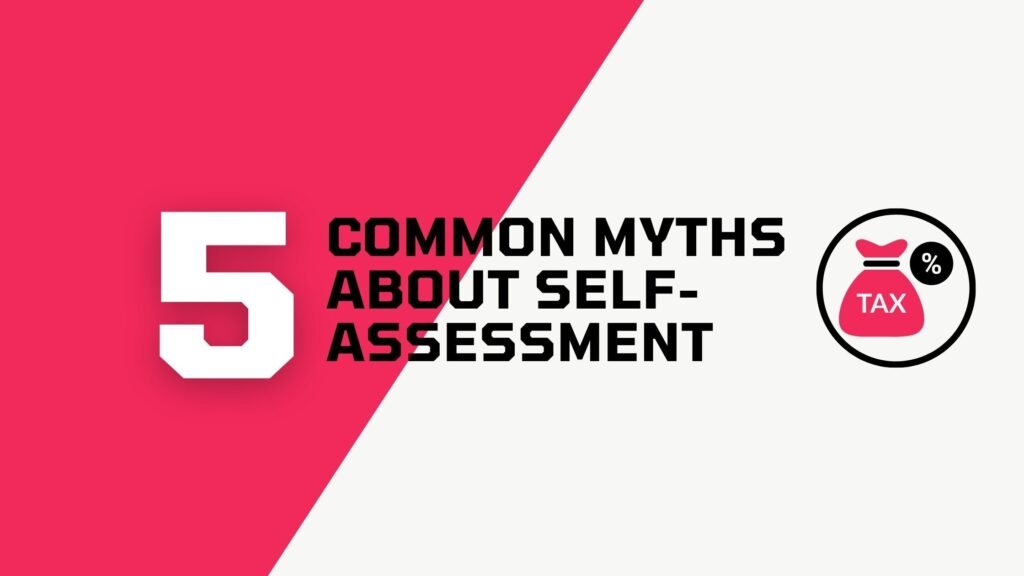When a company can’t pay its debts or decides to close, it goes through liquidation. A liquidator is a person who helps close the company properly. They collect and sell the company’s assets and use the money to pay back creditors in a set legal order.
What Happens to Debts During Liquidation
When a company goes into liquidation, its assets, such as property, stock, vehicles, and equipment are sold to pay off debts. The main aim is to give creditors as much money as possible before the company officially closes.
Here’s how it usually works:
- Selling Company Assets : The liquidator collects and sells the company’s assets to raise money.
- Paying Creditors in Order : The money is paid out in a specific order:
- Secured creditors (like banks with loans tied to company property) are paid first.
- Preferential creditors (like employees owed wages or holiday pay) are paid next.
- Unsecured creditors (like suppliers or customers) are paid if there is money left.
- Shareholders are last, and usually get nothing if debts are more than the company’s assets.
- Writing Off Remaining Debts: After all the money is distributed, any debts left unpaid are written off. The company is then removed from the Companies House register and ceases to exist.
- Director’s Responsibility: Usually, directors don’t have to pay business debts themselves, unless they gave a personal guarantee or acted illegally.
How Unpaid Debts Are Handled After Company Liquidation
When a company is liquidated, it is removed from the Companies House register and legally ceases to exist. The company itself cannot be pursued for unpaid debts the remaining amounts are normally written off. However, the process can still affect people connected to the business:
- Creditors get paid in order: Secured debts in liquidation and priority claims, like employee wages, are paid first. Unsecured debts after liquidation, such as those owed to suppliers, may only be partially paid or go unpaid.
- Personal guarantees: Directors or shareholders who signed personal guarantees for loans, leases, or other debts remain responsible even after liquidation.
- Director responsibilities: Liquidators check if directors acted improperly, such as trading when the company could not pay its debts. Directors found guilty of wrongful trading may be fined, disqualified, or held personally liable.
- Impact on directors: Besides financial liability, directors may face stress, damaged credit ratings, and challenges starting new businesses.
- Rare creditor options: If the company was closed improperly, creditors can apply to restore it to the register to recover unpaid debts.
Most debts are cleared after liquidation, but directors with personal guarantees and unsecured creditors may still face losses.
What Are Claimable Expenses for Limited Companies in the UK?
Directors are in charge of running a company, but when a company goes into liquidation (closes because it can’t pay its debts), they are not always fully protected from financial problems. In some cases, directors may have to pay some debts themselves.
1. Personal Guarantees: If a director personally promised to pay a loan, lease, or credit, they still have to pay it even if the company closes.
2. Wrongful Trading: If directors kept the company running when they knew it couldn’t pay its debts, they could be responsible for money lost during that time.
3. Order of Paying Debts: Money from selling company assets is paid in a specific order:
- Secured debts (like loans tied to company property) are paid first.
- Important creditors (like employees owed wages) are paid next.
- Other debts (like money owed to suppliers) might not be fully paid after liquidation.
It’s always a good idea for directors to get advice from a licensed insolvency practitioner. They can explain the process and help reduce risks for directors, creditors, and the company.
Final Thought
Liquidation helps close a company and clear most of its debts, but it doesn’t always protect everyone involved. Secured creditors are paid first, while unsecured creditors might not get all their money back. Company directors could still face issues if they’ve given personal guarantees or acted wrongly. In short, liquidation ends a company. Most debts can be cleared, but the company can’t trade again under the same name.
Ready to discuss your company’s financial options? If you’re considering liquidation or need debt advice, book your free consultation today to speak confidentially with our experts.





